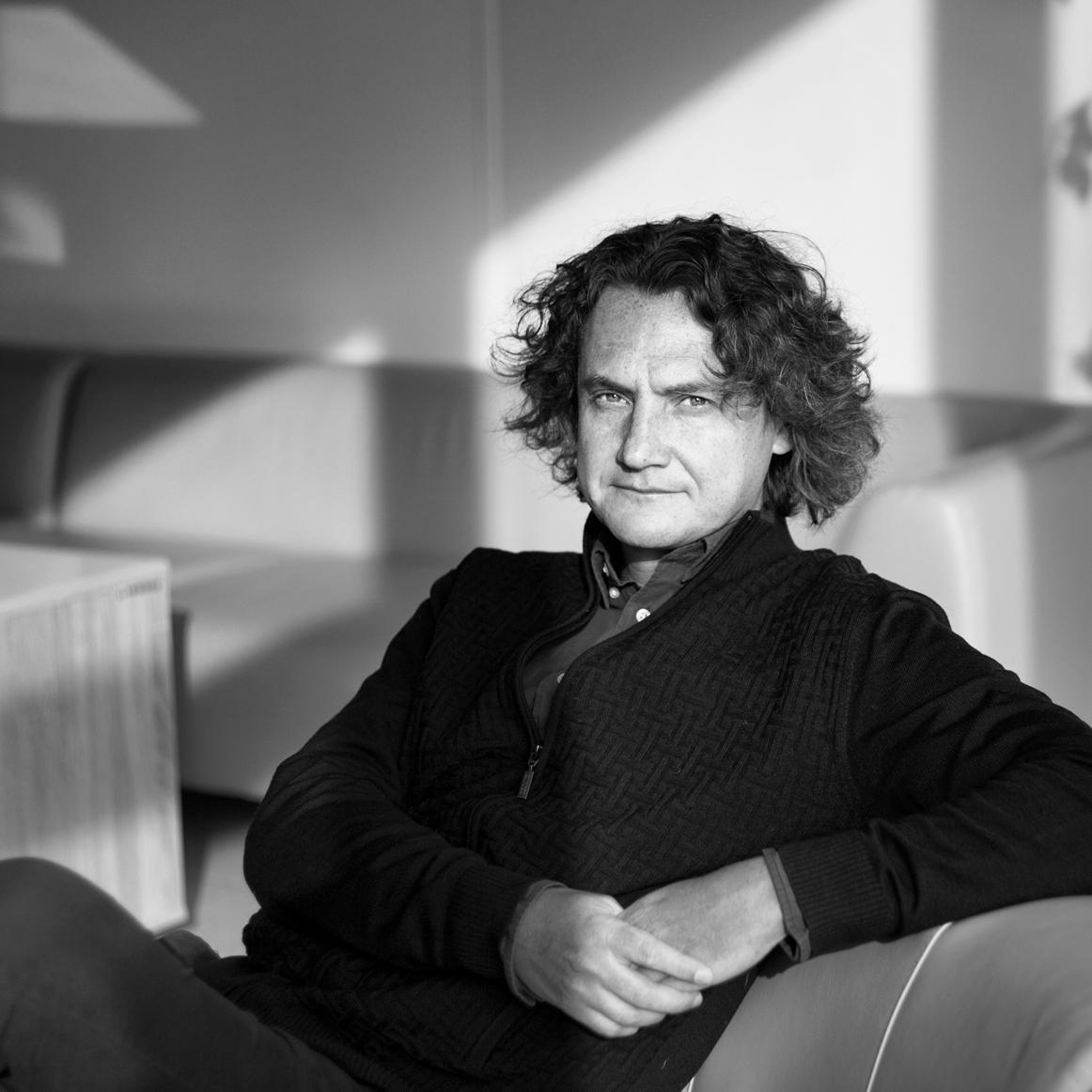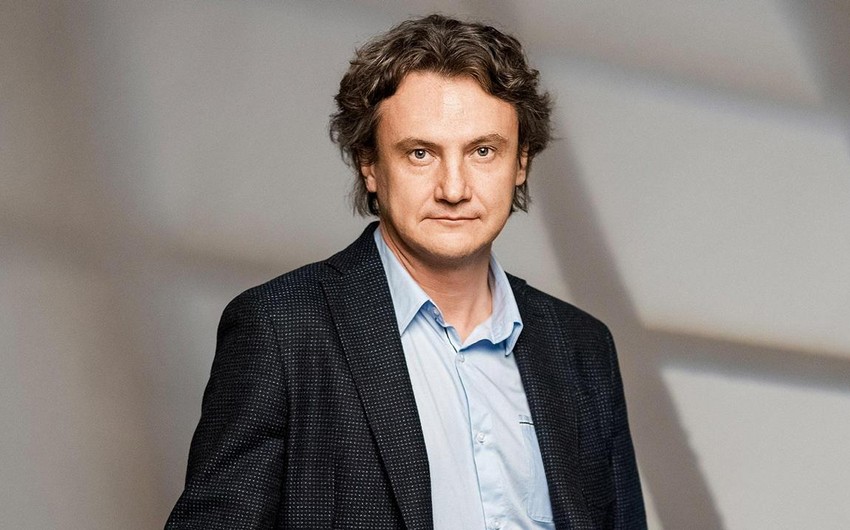The head of the genomic engineering laboratory of the Moscow Institute of Physics and Technology (MIPT), virologist and immunologist Pavel Volchkov spoke about the epidemiological situation in the world, the consequences of coronavirus, the need for self-isolation and the effectiveness of Azerbaijan's response to the pandemic in an exclusive interview with the Russian bureau of Report.
- How do you assess the current epidemiological situation in the world? How dangerous is a coronavirus, and how prepared was the world for such an epidemic?
- You shouldn't underestimate or exaggerate the current danger or insecurity of this virus. This is a rather big problem for the world as a whole, in terms of healthcare systems, world economies. It is a much bigger problem than the seasonal flu virus. The methods that are being undertaken are somewhat unprecedented.
Coronavirus is a respiratory virus transmitted by airborne droplets. It is related to many infections of the acute respiratory phase, such as rhinovirus and influenza. But what makes it more complicated is, firstly, its novelty. This means that we do not have a pre-existing immune defense against it.

Was the world ready for this pandemic? We were prepared for it much more than if it had happened in the middle of the 20th century. Then it would be more dangerous for us, from one perspective. From another point of view, the intensity of flights was not the same as now. This is quite a severe epidemiological scenario, and it is impossible to be prepared for this beforehand. Of course, bodies such as the Federal Service for Surveillance on Consumer Rights Protection and Human Well-being in Russia or the US Centers for Disease Control and Prevention (CDC) must calculate and prepare for them, that we must understand that it is not only their responsibility. This kind of pandemic places burden both on politicians and the leadership of countries because of its advisory decision whether to introduce or not introduce a quarantine regime in the country, close or not close borders. In each country, the decision was made late. Only a country with a low population density can afford soft quarantine.
- Why do some carry the disease quickly, while others seriously?
It was essential to understand that all people are different. Our differences are not only external but also internal, at the molecular, genetic level. We have slightly different systems of reaction to pathogens, a diverse immunity, and in aggregate, we observe a mixed response to viruses. As I said, we don't know what exactly is due to it. Still, it is evident that in some people, this particular virus causes a hypertrophic immune response, which leads to pulmonary edema, vascular problems, local hemorrhages, severe heart problems, kidney damage, liver, and so on.
- What can you say about the situation with coronavirus in Azerbaijan?
It is evident that in Azerbaijan the population is smaller than in Russia, the country's population structure gives the advantage to keep the situation under control. The numbers indicate that adequately effective measures have been taken in the country. There is an effective testing system.


 https://static.report.az/photo/d94d387a-efb0-45db-b89a-edb8e8b1ab33.jpg
https://static.report.az/photo/d94d387a-efb0-45db-b89a-edb8e8b1ab33.jpg

